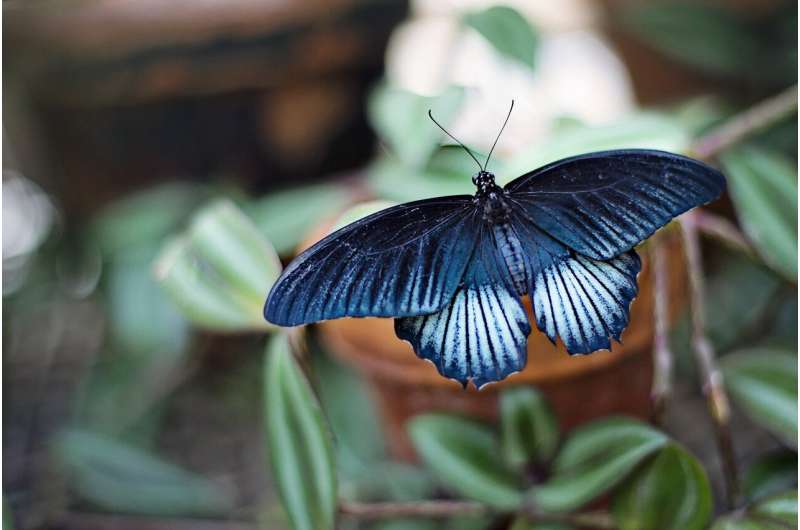Insect researcher: Non-destructive methods are needed

New research has shed light on the importance of revolutionizing methods in entomology. A publication titled "The need for a (non-destructive) method revolution in entomology" has highlighted how to improve our understanding of insects without harming them.
Traditionally, insect research has involved destructive methods, killing the insects so they could be studied more closely. Now a team, led by Senior Researcher Emeritus Gábor L. Lövei from the Department of Agroecology at Aarhus University is calling for a change in approach to insect studies. He argues that research will still be able to gain in-depth insights into the world of insects by using methods that don't harm them.
"Technological advances in image processing, molecular biology and data analysis can allow us to study insects in a gentler way. Using advanced cameras and microscopes, we can now observe and analyze insects in their natural environment without harming them," he explains.
Modern techniques are less harmful
In their perspective paper, "The need for a (non-destructive) method revolution in entomology" the international team suggests a re-evaluation of the entomological toolkit to give more emphasis to nonlethal methods. These approaches allow researchers to study insect behavior, life cycles, interactions and ecosystem contributions in a precise and comprehensive way.
By combining non-destructive methods with modern computational techniques, huge amounts of data can be analyzed, and patterns can be discovered that would otherwise be impossible to observe.
The publication also emphasizes that a shift to non-destructive methods in insect research could have major benefits. It will allow us to preserve insect samples for later studies and at the same time preserve biodiversity.
"In addition, it is also more ethical to study insects without harming or killing them. We also need a more respectful approach to nature, and entomologists ought to show an example," says Gábor L. Lövei
The researchers hope that their publication will spark a movement towards a gentler approach to insect research. They call for further research and development of technologies that can support a non-destructive methodological change in entomology.
"This approach to insect science has the potential to further our understanding of arthropods and their role in the ecosystem while causing less damage to them, and this way foster more respect towards nature. By changing our approach to the study of insects, we can contribute to a more sustainable future for our planet and its many living organisms," says Gábor L. Lövei, who has spent his entire professional career studying insects.
The study is published in the journal Biological Conservation.
More information: Gábor L. Lövei et al, The need for a (non-destructive) method revolution in entomology, Biological Conservation (2023). DOI: 10.1016/j.biocon.2023.110075
Journal information: Biological Conservation
Provided by Aarhus University Insect evolution patterns confirmed using new imaging technique
No comments:
Post a Comment